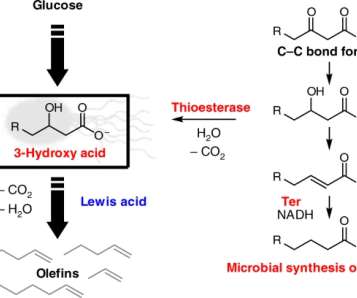DOE awards $2.2M to Rio Tinto-led team to explore carbon mineralization at Tamarack nickel project
Green Car Congress
FEBRUARY 15, 2022
million of funding to a Rio Tinto-led team to explore carbon storage potential at the Tamarack nickel joint venture in central Minnesota. Rio Tinto has assembled a team of climate innovation and research leaders to explore new approaches in carbon mineralization technology as a way to store carbon as rock safely and permanently.




















Let's personalize your content